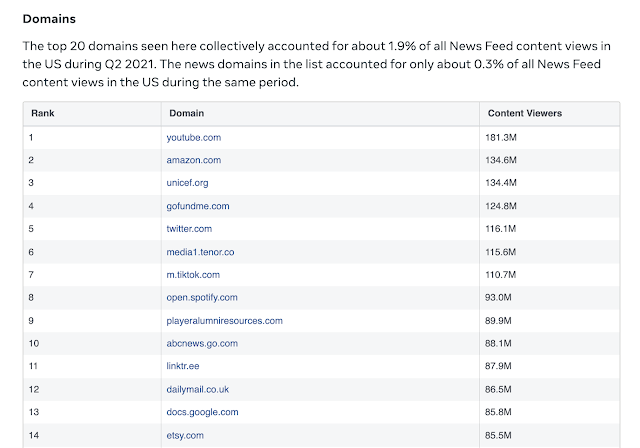Two old stories have been rattling around in my brain lately, so I figured that's a good sign I should write this down.
A Wired story for 2010 about Madden jumping into the real world. The gist (emphasis mine):
Just before he reached the end zone, with 17 seconds remaining, Stokley cut right at 90 degrees and ran across the field. Six seconds drained off the clock before, at last, he meandered across the goal line to score the winning touchdown. For certain football fans, the excitement of a last-minute comeback now commingled with the shock of the familiar: It's hard to think of a better example of a professional athlete doing something so obviously inspired by the tactics of videogame football.
Stokley said. "I think everybody who's played those games has done that" — run around the field for a while at the end of the game to shave a few precious seconds off the clock. Stokley said he had performed that maneuver in a videogame "probably hundreds of times" before doing it in a real NFL game. "I don't know if subconsciously it made me do it or not," he said.
And an Ars Technica piece from last year that brought this back up:
The maneuver happened at...[Martinsville Speedway]...well known for its tight, shallow-banked turns that usually require heavy braking to negotiate.
Instead of slowing down on the turn, Chastain shifted into fifth gear and gunned it, riding the outside wall and passing five cars to finish the race in fifth place.
In a post-race interview with NBC Sports, Chastain said, "I played a lot of NASCAR 2005 on the GameCube with Chad [Chastain's brother] growing up, and you can get away with it, and I never knew if it would actually work. I did that when I was 8 years old."
We call them games, like Madden NFL and NASCAR–they are made for play. And they succeed at that! And in that play, players can experiment in ways that would be impossible in the real world, even unthinkable. Stokley's wall ride, to even conceive of it, requires treating a race car as borderline disposable. You have to separate yourself from the car in a way that is basically the opposite of how we are taught to drive in the "real world."
Anyway, in a nice bit of synchronicity, a line from what I'm reading right now seems relevant:
[Learning] does not consist only of knowing what we must or we can do, but also of knowing what we could do and perhaps should not do.”
Simulation, games, play in general–expand our sense of the possible.
